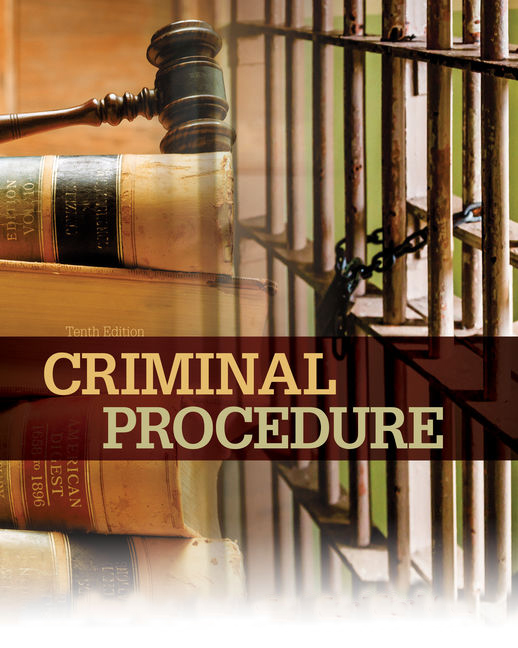Section 364A IPC Requires Proof of Abduction Coupled with Ransom Demand and Life Threat for Conviction: Supreme Court
Case Title: Neeraj Sharma v. State of Chhattisgarh
Case No: Criminal Appeal No. 1420 of 2019
Decided on: 3rd January, 2024
CORAM: THE HON’BLE MR. JUSTICE SUDHANSHU DHULIA AND HON’BLE MR. JUSTICE SATISH CHANDRA SHARMA
Facts of the Case
The Supreme Court received two appeals challenging the High Court’s decision to uphold the conviction order of the Trial Court. The appellants had been found guilty under Sections 307, 120B, 364-A, 392, and 397 of the Indian Penal Code, 1860 (IPC), and were sentenced to life imprisonment under Section 364A. Notably, the third accused was acquitted by the Trial Court. According to the prosecution, the appellants kidnapped a Class 12th student with the intention of demanding ransom, and during the incident, they attempted to kill him. Despite suffering severe injuries, the victim managed to escape, resulting in the amputation of his right leg. The accused had lured the victim, who was staying as a paying guest, for a motorcycle ride but later assaulted him, attempting to strangle him. Believing him to be dead, the accused poured petrol on him, set him on fire, and looted his mobile phone and cash. Miraculously, the victim survived, escaped, and sought medical assistance, leading to police intervention.
Issue
The main issue is the conviction of appellants for abduction, attempted murder, and ransom demand, leading to life imprisonment, with a key legal question about the sufficiency of evidence.
Legal Provision
Section 364A of the Indian Penal Code, 1860 is an offence where kidnapping or abduction is made and a person is put to death or hurt; or a person is threatened with death or actually murdered, on demand of ransom.
Court’s analysis and decision
The Supreme Court has ruled that an offense under Section 364A of the Indian Penal Code, 1860 (IPC) does not apply if kidnapping or abduction occurs without any ransom demand. The Court resolved an appeal challenging the High Court’s affirmation of the conviction order by the Trial Court under Sections 307, 120B, 364-A, 392, and 397 of the IPC. It noted the prosecution’s failure to prove the existence of a ransom call, leading to the conclusion that the accused cannot be held liable under Section 364A IPC. Justices Sudhanshu Dhulia and Satish Chandra Sharma emphasized that Section 364A involves kidnapping or abduction resulting in a person’s death or harm, or a threat of death or murder upon a ransom demand.
The Court referred to the case of Shaik Ahmed v. State of Telangana [(2021) 9 SCC 59], highlighting three conditions to establish an offense under Section 364A. First, there must be a kidnapping or abduction. Second, there should be a threat of death or harm to the person, or the accused’s conduct must reasonably indicate such a threat. Third, the act must aim to compel the government, foreign state, intergovernmental organization, or any other person to perform or abstain from an act or pay a ransom.
The Court observed that the victim did not mention any ransom demand during examination, and the only mention in a supplementary police statement lacked substantial evidence. The Court criticized the Trial Court and High Court for overlooking this critical flaw in Section 364A evidence. It corrected the High Court’s characterization of the supplementary statement as a “dying declaration,” clarifying it as a statement under Section 162 of the Criminal Procedure Code, 1973 (CrPC).
The Bench partially allowed the appeals, changing the Section 364A conviction to Section 364 IPC with a ten-year rigorous imprisonment and a fine of Rs.10,000/- for the accused. The remaining convictions under Sections 307, 120B, 392, and 397 IPC were upheld, along with a fine of Rs.50,000/- and a compensation of Rs.5,00,000/- directed to be paid to the victim under Section 357A of CrPC. The Court thus disposed of the appeal.
“PRIME LEGAL is a full-service law firm that has won a National Award and has more than 20 years of experience in an array of sectors and practice areas. Prime legal fall into a category of best law firm, best lawyer, best family lawyer, best divorce lawyer, best divorce law firm, best criminal lawyer, best criminal law firm, best consumer lawyer, best civil lawyer.”
Written by- Afshan Ahmad





